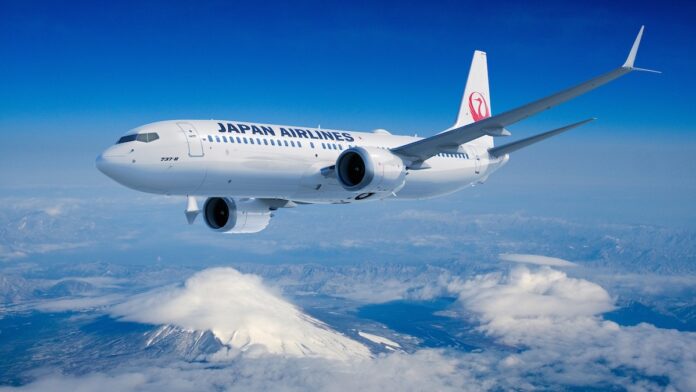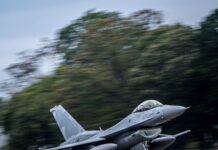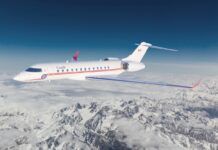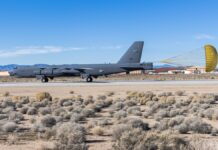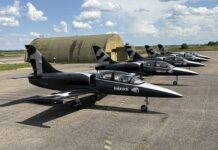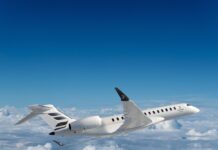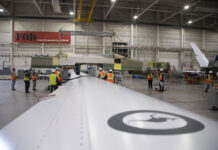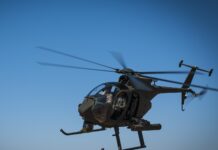Boeing and Japan Airlines (JAL) finalized an order for 17 737-8s to leverage the fuel efficiency and flexibility of the 737 MAX. The airline aims to launch the new 737 MAX jets on its robust domestic network, amid continued record-breaking tourism. This marks JAL’s second order for the 737-8 and nearly doubles its 737 MAX backlog to 38 firm orders.
“The 737 has been the backbone of our single-aisle fleet for nearly 50 years, and we are honored to continue its legacy as part of our future fleet, we are excited to add more 737-8s to deliver a safe and secure journey to our valued customers with a sophisticated flying experience.”
Mitsuko Tottori, president of Japan Airlines
JAL will benefit from the market-leading capabilities of the 737-8, which reduces fuel use and carbon emissions by 15% compared to the Next-Generation 737-800s the airline is replacing. Commonality across the 737 family allows JAL to seamlessly integrate the 737-8 into its existing fleet.
“We value our long-standing partnership with Japan Airlines and are honored by their decision to double down on the 737 MAX for the airline’s fleet modernization program, by selecting the 737-8, Japan Airlines will gain operational and economic efficiencies, positioning them for success in the years ahead.”
Brad McMullen, Boeing senior vice president of Commercial Sales and Marketing
With the 737-8, JAL will debut the Boeing Sky Interior, offering passengers an elevated cabin experience featuring advanced LED lighting, larger windows and spacious overhead bins.
As a longtime Boeing customer, JAL currently operates 767s, 777s and Next-Generation 737-800s, and was among the first airlines to operate the 787 Dreamliner. With a mix of more than 50 787-8s and 787-9s already in operation, JAL recently ordered 10 additional 787-9s to meet growing demand for international travel.
The airline’s subsidiary, ZIPAIR Tokyo, recently announced plans to increase capacity on its international network by integrating 10 787-9s, previously operated by JAL, into its fleet. Boeing Global Services was selected to provide nose-to-tail interior modifications on these airplanes.


